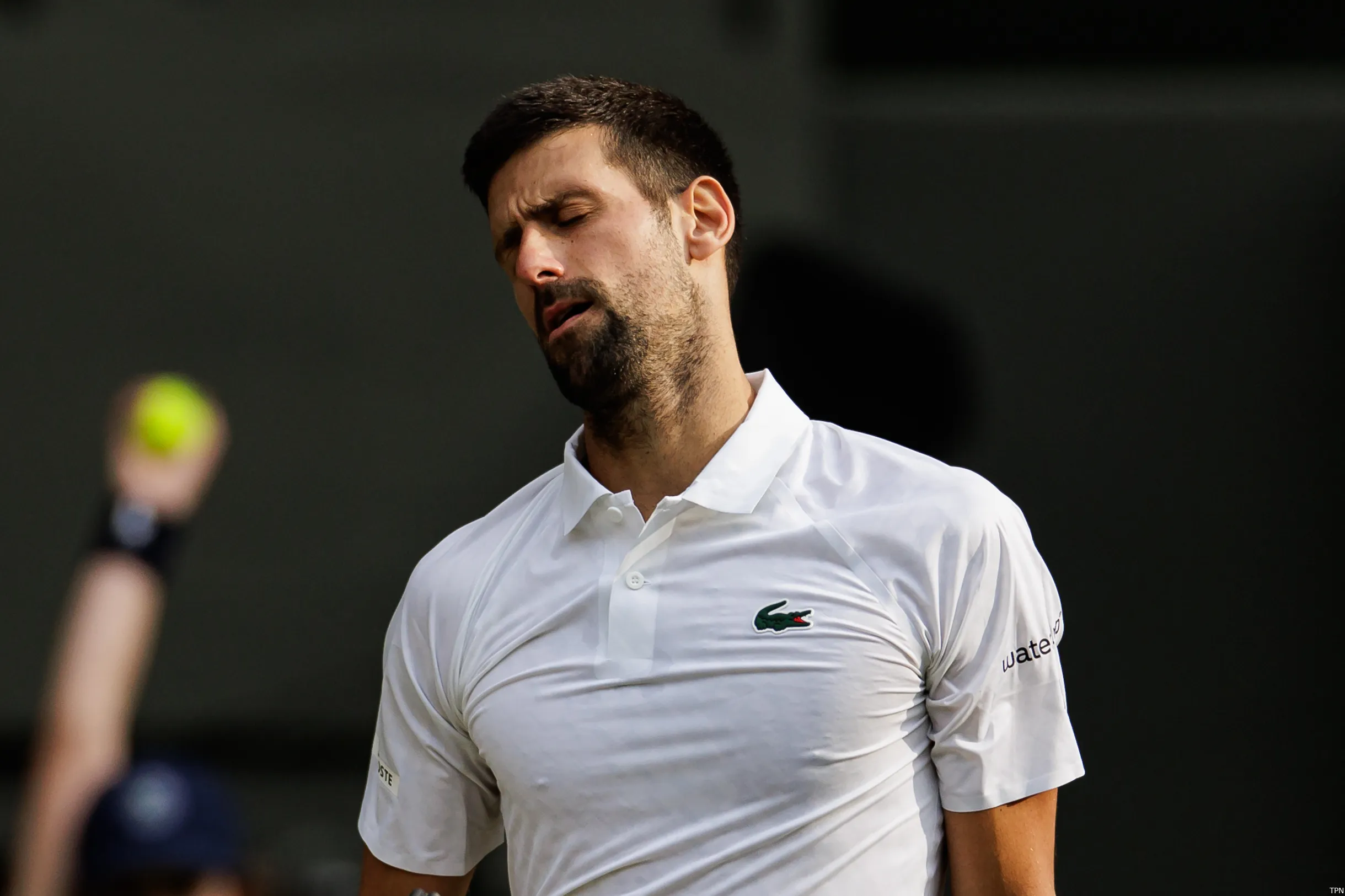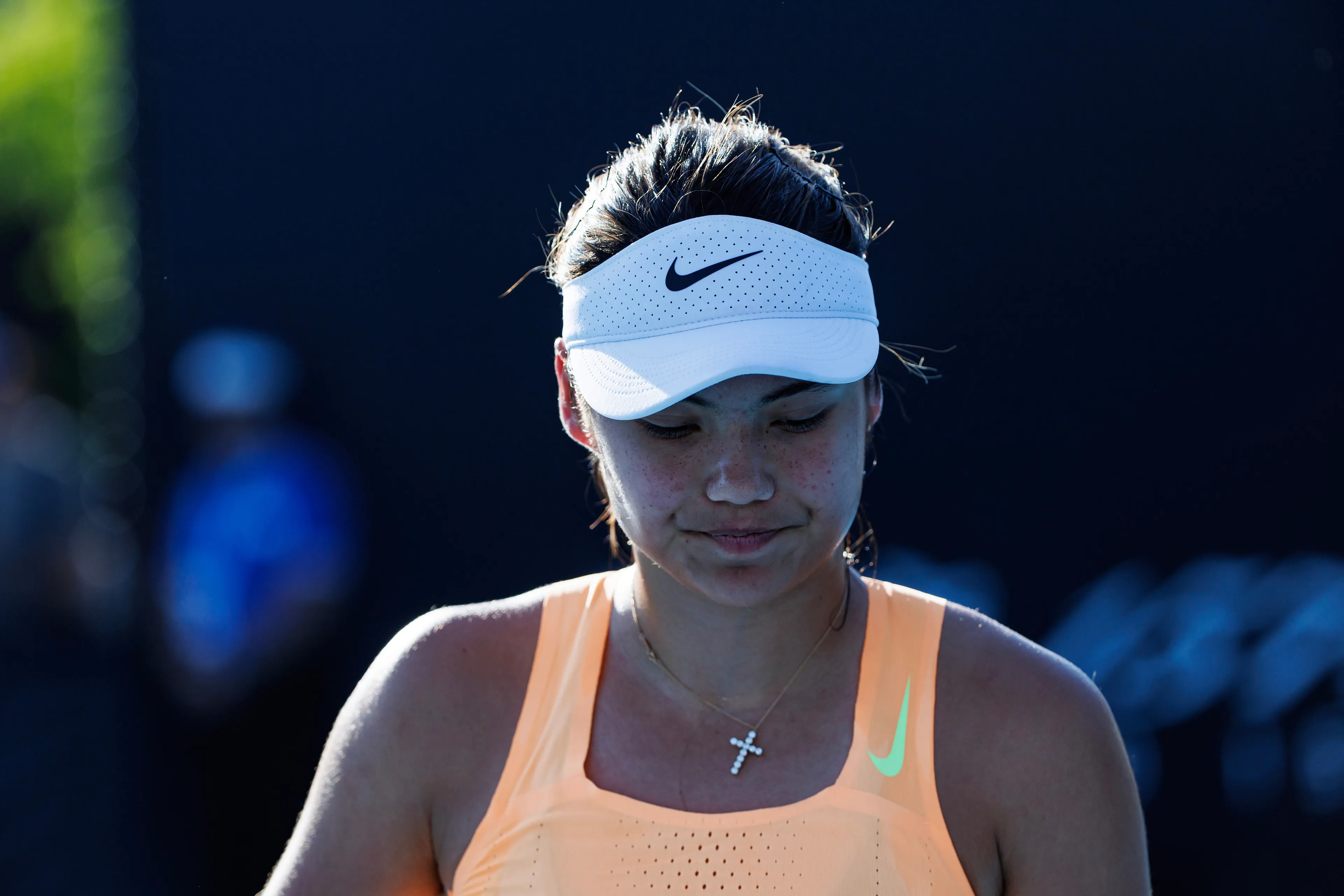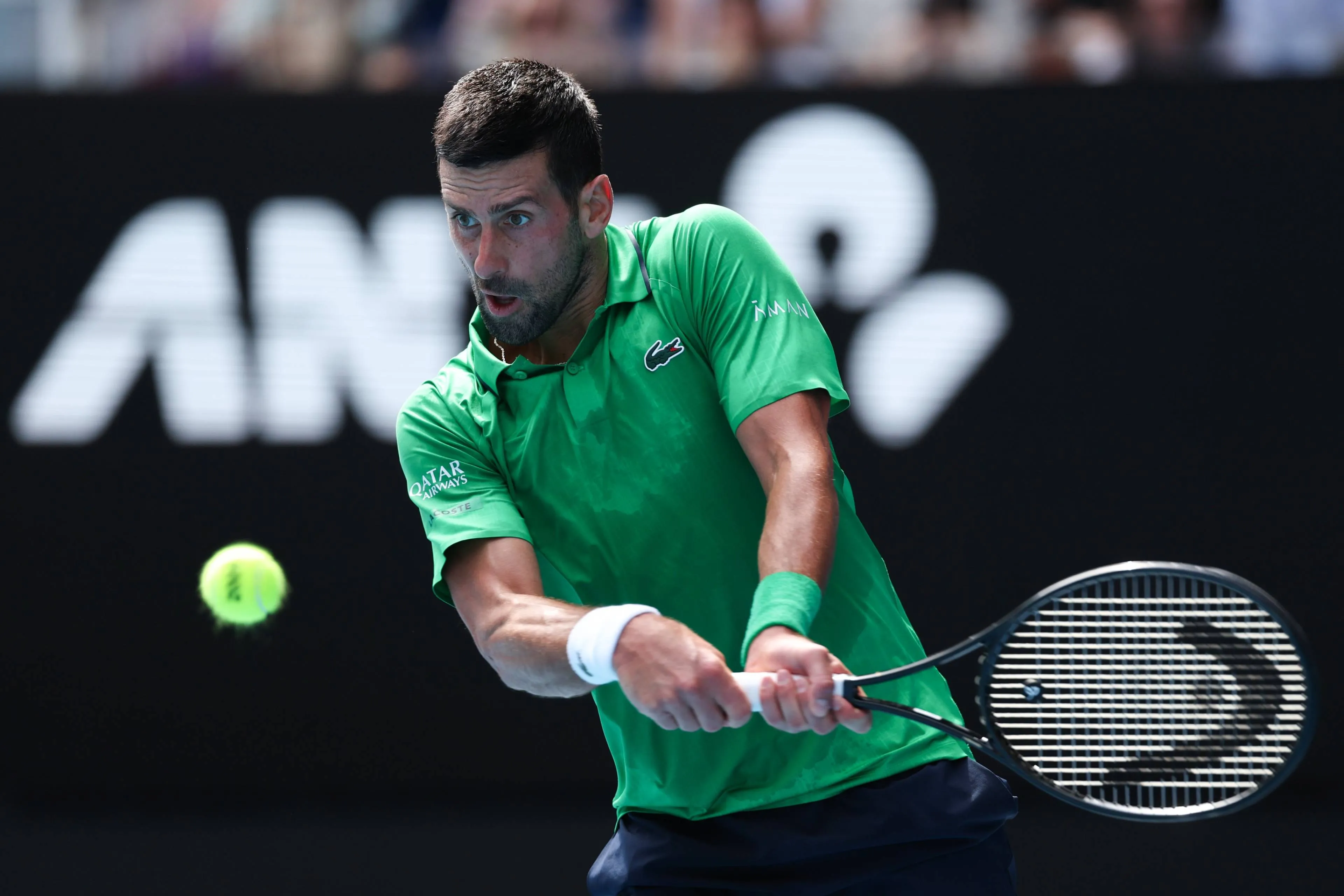Djokovic 'Must Be Suspended' For 'Refusing' Pre-Match Testing Says Former Cyclist
ATPTuesday, 28 November 2023 at 19:00
Updated at Sunday, 10 August 2025 at 21:49

Novak Djokovic came under heavy criticism from one Marc Madiot - a former French cyclist - for allegedly "refusing" to undergo doping tests before a match.
Djokovic was at the center of a sandstorm this past week when he was competing at the Davis Cup Finals for Serbia. Following his country's quarterfinal win over Great Britain, the 36-year-old shed light on a very distressing experience with anti-doping officials.
Djokovic was approached by a Doping Control officer (DCO) about 90 minutes before his singles rubber against Cameron Norrie and was instructed that he was required to undergo doping controls, which would entail blood and urine tests.
Clearly rattled and upset, Djokovic revealed that he had never had an encounter of this kind before a match throughout his distinguished career. While random doping tests in the middle of tennis tournaments are not uncommon, Djokovic was shocked that he was required to fulfill the obligation less than two hours before his match.
The Serbian ace went on a full rant during the post-match conference, calling the decision "illogical" before eventually undergoing the tests after the match. But Madiot, a two-time champion of the Paris–Roubaix bicycle ride, has given his own version of accountability.
The 64-year-old asserts that Djokovic "refused" to test before the match and "must be suspended" which contradicts the International Tennis Integrity Agency's assessment of the issue (ITIA) - the umbrella body mandated to safeguard and protect the integrity of the sport.
The ITIA cleared Djokovic of any wrongdoing in the testing process, even releasing a statement to clarify that he followed protocol and provided the requested samples after the match.
"There are rules of testing before and after the competition. If the anti-doping body is doing its job, Mr Novak Djokovic must be suspended. He refused a test before the match and did it after."
"In cycling, you are subjected to a test and if you refuse, you are automatically positive. If that is the case, you are sanctioned. You don’t have the right to refuse testing, that’s the rule."
Loading






